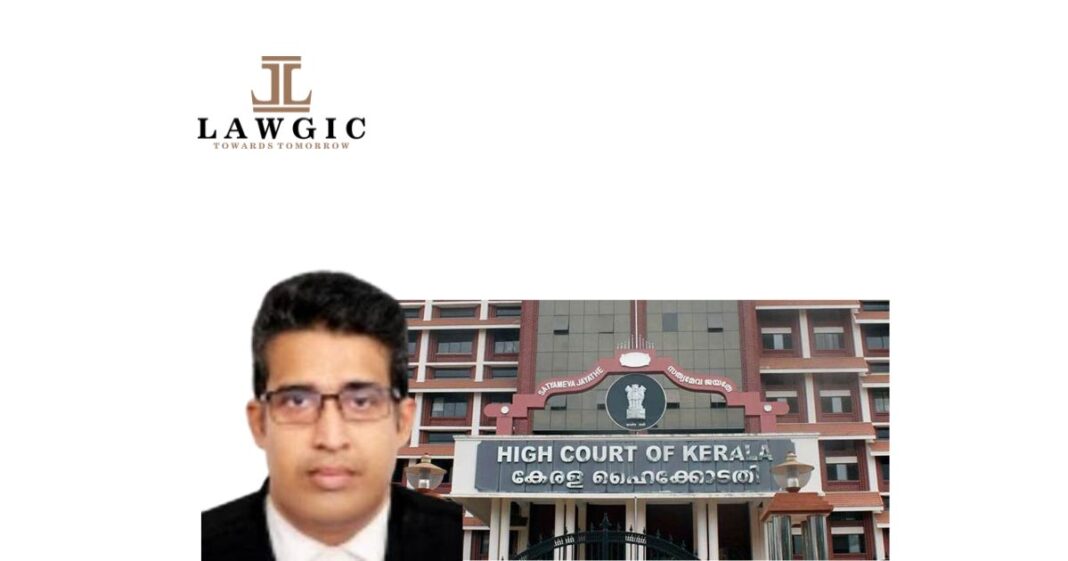Case Title: P. Ummer Koya vs State of Kerala
A single bench of Justice Viju Abraham of the Kerala High Court clarified that relocating to Pakistan for employment does not automatically classify an individual as an enemy under Rules 130 and 138 of the Defence of India Rules, 1971, unless engaged in trade activities with an enemy.
Consequently, the court dismissed the legal actions initiated under the Enemy Property Act concerning a property previously owned by the petitioner’s father, who had been employed at a Pakistani hotel.
The bench remarked that it was stipulated that Rule 130 was limited to engaging in trade with an ‘enemy’ or affiliating with any ‘enemy firm’ conducting business in India. It was concluded that there was a lack of evidence indicating the petitioner’s father’s involvement in such undertakings.
The Court highlighted that Rule 130 falls within the domain of ‘Control of Trading with Enemy’, while Rule 138 pertains to ‘Control of Enemy Firm’. These regulations aim to oversee trade activities with an enemy, prohibiting transactions with said entities and overseeing operations of ‘enemy firms’.
Moreover, the Court emphasized that an individual does not automatically attain the status of an enemy based solely on seeking employment in Pakistan and working there briefly, as per the stipulations of this rule.
The petitioner, P. Ummer Koya, acquired a parcel of land in Parappanangadi from his father, Kunji Koya, and adjacent land from his relatives. However, when attempting to settle the Basic Tax on the property, the local official declined to accept the payment, citing directives from the Custodian of Enemy Property of India (CEPI) due to ongoing proceedings under the Enemy Property Act of 1968.
The petitioner’s actions were reportedly in response to a directive issued by the Ministry of Foreign Trade, which stipulated that all assets categorized as ‘enemy property’ under Rule 138 of the Defence of India Rules and owned by an individual classified as an ‘enemy’ as per Rule 130 of the same regulations shall be conferred to CEPI.
The petitioner asserted that his lineage traced back to Parappanangadi in Malapuuram, with his father briefly employed in Karachi. Allegedly, he faced persistent accusations from law enforcement, branding him as a Pakistani national.
In response, he sought the Central Government’s intervention to ascertain his nationality under the Citizenship Act, leading to an official declaration that his father retained Indian citizenship, having not voluntarily obtained Pakistani citizenship.
The Court scrutinized the Enemy Property Act and the Defence of India Act. As per Section 2(c) of the Enemy Property Act, ‘enemy property’ encompasses assets owned by or belonging to an enemy prior to their demise.
The Court highlighted that the Enemy Property Act was enacted to maintain property vesting in accordance with the provisions of the Defence of India Act of 1962 and 1971.
Therefore, for the petitioner’s father to fall under the ‘enemy’ classification as delineated in the Defence of India Act, it was imperative to invoke the Enemy Property Act against him. Further analysis of the enemy definition under the Defence of India Act of 1962 and 1971 revealed that an ‘enemy’ is an individual hailing from a nation engaged in external aggression against India. Notably, the petitioner’s father did not align with either definition, as specified by the Court.
Additionally, the Court emphasized the validity of the Central Government’s affirmation regarding the petitioner’s father’s Indian citizenship, precluding his categorization as an ‘enemy’.
Consequently, the Court nullified the proceedings instigated by CEPI against the petitioner and instructed the village officer to accept the property’s basic tax payment from the petitioner.


